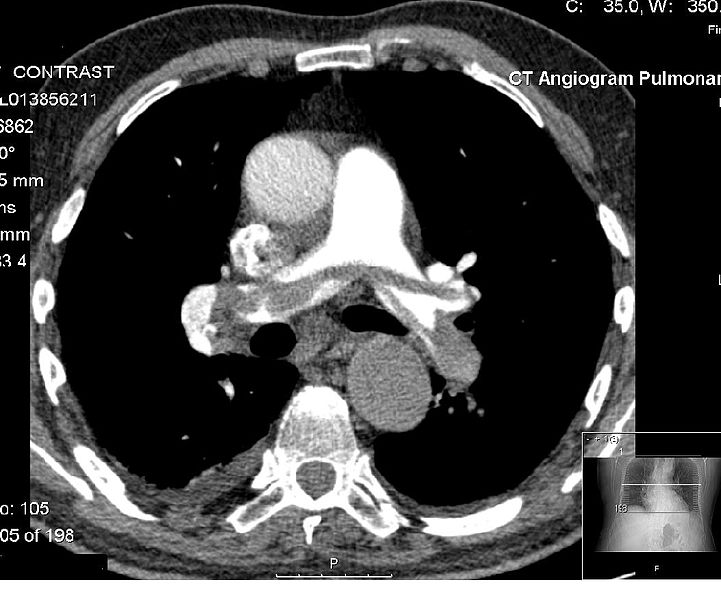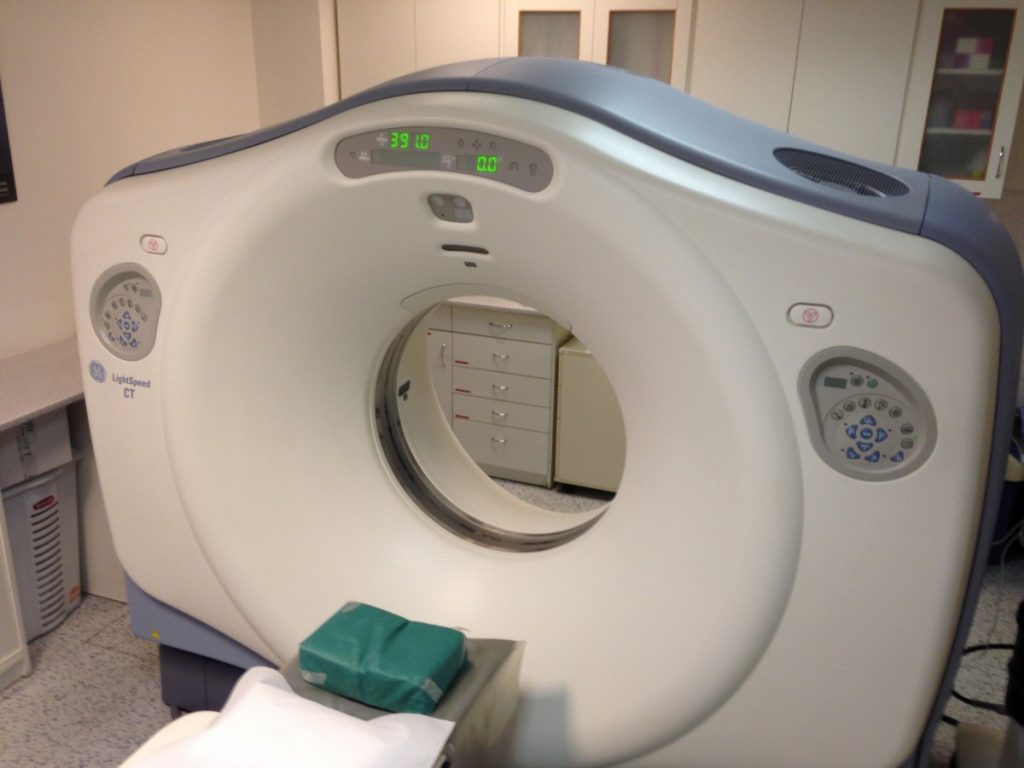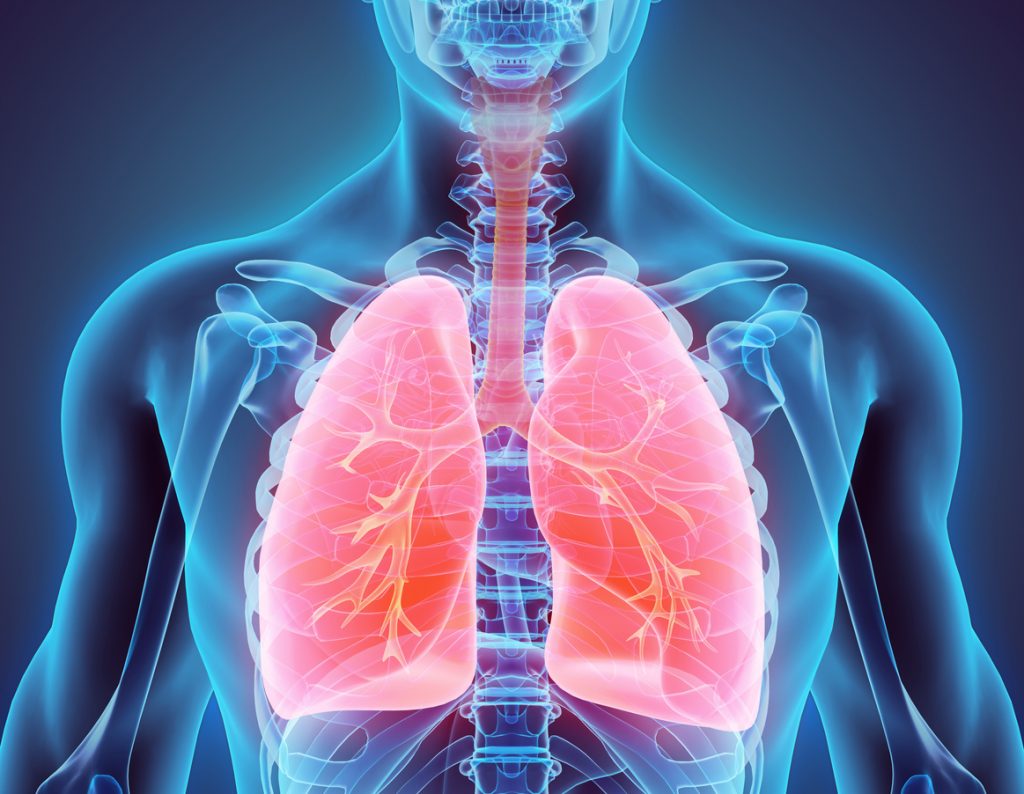This study is designed to investigate whether exposure to particulate air pollution increases the allergic response to allergens. Research studies suggest that symptoms in individuals with allergies may be aggravated by exposure to particulate air pollution. We sought to experimental determine this by exposing human volunteers to combustion particles, a component of air pollution, and then challenge them with an allergen such as ragweed or oak tree pollen. Using biological tests we can measure whether the allergen response is magnified by prior particulate exposure.
Official Title
Markers of Pollutant Altered Allergic Responses
Conditions
– Allergic Rhinitis- Allergy
Study Type
Observational
Study Design
Natural History, Longitudinal, Random Sample, Prospective Study
Further Details
To study whether particulates enhance the allergic response, we chose the upper airway as a model of allergic inflammation and nasal lavage as a non-invasive method for obtaining samples. The nasal cavity is both an excellent model of allergic inflammation and provides an easily accessible site for study. We measured inflammatory cells and cytokines in the nasal lavage fluid. Our specific hypothesis was that particulate exposure prior to allergen challenge would enhance inflammatory cell recruitment and expression of inflammatory cytokines.
Study Start
Eligibility & Criteria
Ages Eligible for Study: 18 Years – 60 Years, Genders Eligible for Study: Both Accepts Healthy VolunteersCriteria Adult without a history of asthma or respiratory disease.
Total Enrolment
20
Contact Details
[1] National Institute of Environmental Health Sciences (NIEHS) (US)
All content and media on the HealthEngine Blog is created and published online for informational purposes only. It is not intended to be a substitute for professional medical advice and should not be relied on as health or personal advice. Always seek the guidance of your doctor or other qualified health professional with any questions you may have regarding your health or a medical condition. Never disregard the advice of a medical professional, or delay in seeking it because of something you have read on this Website. If you think you may have a medical emergency, call your doctor, go to the nearest hospital emergency department, or call the emergency services immediately.







